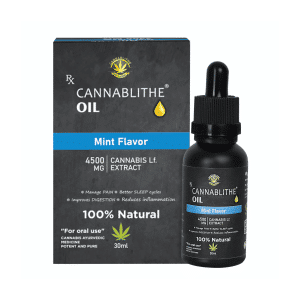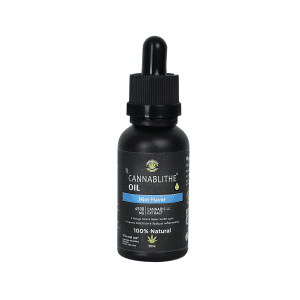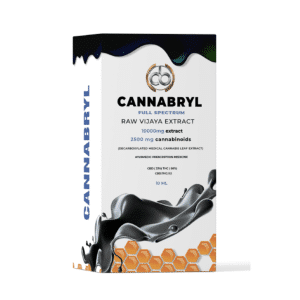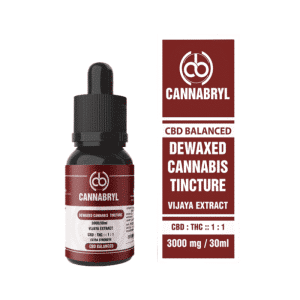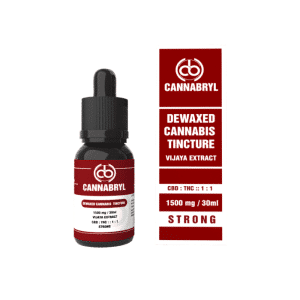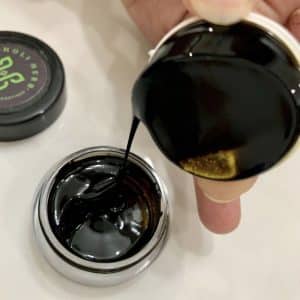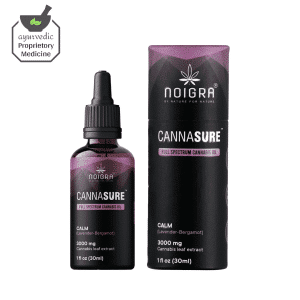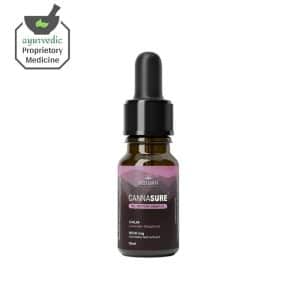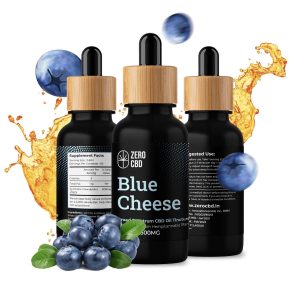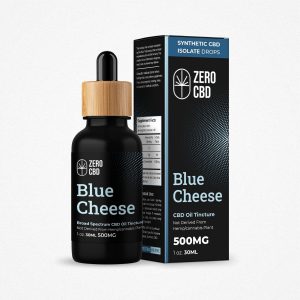CBD is a chemical compound derived from cannabis plants. Most commonly, CBD is available as oil. Several studies involving CBD and its effects on autoimmune disease models were analyzed in a review published in the journal Cannabis and Cannabinoid Research in 2020. Data overwhelmingly supported the anti-inflammatory and immunosuppressive properties of CBD.
What is the relationship between the endocannabinoid system and the immune system?
Every human being has an endocannabinoid system (ECS). Experts believe it helps the body maintain homeostasis, or balance, but there’s still a lot they don’t know about how it works.
Endocannabinoid receptors, endocannabinoids, and enzymes make up the ECS. Endocannabinoids provide effects like pain alleviation by attaching to endocannabinoid receptors. Enzymes break down endocannabinoids when they’ve completed their duty and served their purpose.
Endocannabinoids are thought to affect immune system processes, and cannabinoids like THC and CBD may limit immune system responses by reducing the activation of certain immune cells, according to Research. Furthermore, the notion of clinical endocannabinoid deficiency argues that migraine and MS may be caused by a shortage of endocannabinoids. This is why cannabis or CBD may be beneficial in alleviating the symptoms of certain inflammatory diseases.
How CBD Oil Works to Help with Autoimmune Diseases
- Humans possess an endocannabinoid system (ECS) responsible for regulating various functions, including the nervous system.
- In order to understand how CBD helps autoimmune diseases, it is necessary to understand how it impacts the ECS.
- ECS is modulated by structures called cannabinoid receptors, the majority of which are CB1 and CB2.
- Neither CB1 nor CB2 receptors are highly receptive to CBD. The CB2 receptor appears to suppress inflammatory responses in a review of CBD’s effects on the immune system.
- Some models of inflammation have attributed CBD’s anti-inflammatory properties to the CB1 receptor.
- CBD’s effects on immune function might also be mediated through its interactions with non-ECS receptors.
- A study found that vanilloid receptors (TRPV1) are activated by cannabidiol. Pain and inflammation have been associated with TRPV1 activation.
The Pros and Cons of CBD Oil for Autoimmune Diseases
The Pros
- Due to the purported ability of cannabidiol to alter immune function, it may prove useful in treating autoimmune diseases.
- CBD showed immunosuppressive and anti-inflammatory effects in various autoimmune disease models. It was found that cannabidiol suppressed multiple immune cell types, suggesting that it may be useful for treating autoimmune disorders.
- Tetrahydrocannabinol (THC) and CBD are not the same. THC is a psychoactive compound that causes mind-altering effects when consumed.
- Selling, transporting, and possessing hemp-derived CBD is now allowed with a permit according to the United States 2018 Farm Bill. Cannabidiol obtained from hemp is legal in most states and can be purchased without a doctor’s prescription. Always check your local and state laws before doing any of the above.
- Government agencies, such as the U.S. Food and Drug Administration (FDA), recognizes the potential of cannabidiol.
The Cons
- Most studies on cannabidiol have been conducted on animals. The lack of human clinical trials makes it difficult to determine if the compound is effective in treating various conditions.
- When using CBD, there is a risk that the compound may interact with other medications and result in adverse side effects.
- There is a risk that CBD may interact with other medications and cause people to deliberately mislabel their products, especially those sold online.
What kind of CBD is the most effective for autoimmune diseases?
CBD comes in three different forms:
Full-spectrum: Full-spectrum CBD is made up of all the chemicals found in the cannabis plant, including THC. A full-spectrum product is more likely to deliver apparent results due to the entourage effect, which states that CBD works better alongside THC than it does alone.
Broad-spectrum: Broad-spectrum CBD is THC-free, although it does include terpenes, which are cannabis plant chemicals.
CBD Isolate: CBD Isolate is a wonderful option for people who want to stay away from THC. There are no additional cannabis plant ingredients, such as THC, in it. However, because trace levels of CBD may remain in the final product, it’s advised to avoid CBD if you’re being drug tested.
How does CBD compare to traditional autoimmune illness treatments?
The sort of autoimmune illness you have determines your treatment options. The following treatments may be used:
immunosuppressants surgery drugs to aid with edoema and pain (e.g., knee or hip replacement surgery)
While CBD may be useful for some people with autoimmune illnesses, standard treatments are backed by a lot more evidence than CBD.
Stopping your current treatment without first consulting your doctor is not a good idea.
Top CBD Oil for CBD for Auto-Immune Disease Available in India
-
₹3,199 Select options This product has multiple variants. The options may be chosen on the product page
-
₹3,800 – ₹9,200 Select options This product has multiple variants. The options may be chosen on the product page
-
₹2,400 – ₹7,200 Select options This product has multiple variants. The options may be chosen on the product page


